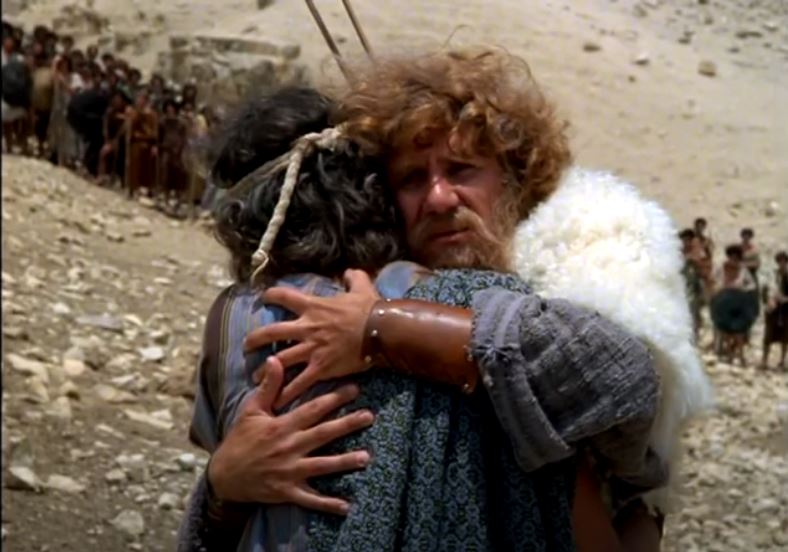To accompany your Come Follow Me study for February 28-March 6
In addition to reading these chapters, you may want to:
- See the video Come Follow Me LDS 2022 (Feb 29-Mar 6) Genesis 28-33 | Israel Begins at https://www.youtube.com/watch?v=HVaTWpCPqH8
- See the video HD New Media Bible Genesis Project – 11 Rachel and Leah at https://www.youtube.com/watch?v=nYYRAJCMYeY&list=PLHdHfiwn51u7X7wLjeL_8E2L-11jkm77I&index=11
- See the video HD New Media Bible Genesis Project – 12 Jacob’s Name Changed to Israel at https://www.youtube.com/watch?v=XCAdZCAcRSA&list=PLHdHfiwn51u7X7wLjeL_8E2L-11jkm77I&index=12
- See the first 4 ¾ minutes of the video HD New Media Bible Genesis Project – 13 The Covenant Continues at https://www.youtube.com/watch?v=V9punGFBg3o&list=PLHdHfiwn51u7X7wLjeL_8E2L-11jkm77I&index=13
If you would like a Kahoot game related to this material which you could use for personal study or use with your family or your class, click here https://create.kahoot.it/share/genesis-28-33/a9f695d4-8573-4120-a57d-047fd808279a
Points to Ponder in Genesis 28-33
1. How many trials can you find in these chapters that the Lord let Jacob endure in the process of his becoming a worthy heir to the blessings conferred upon Abraham and Isaac?
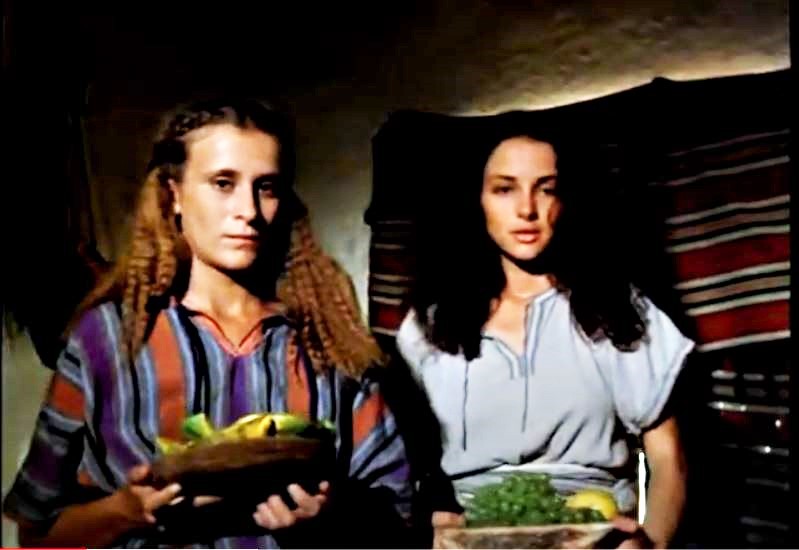
2. What instances or evidences can you find in these chapters of Jacob’s goodness which would qualify him for the covenant blessings?
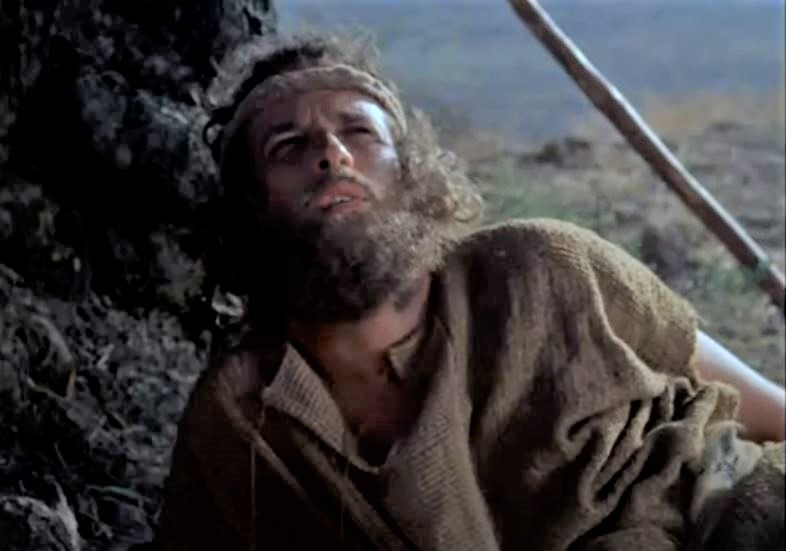
3. What examples of human weakness can you find in Jacob in these chapters, showing that the Lord’s blessings can come not only to the sinless but to the repentant?
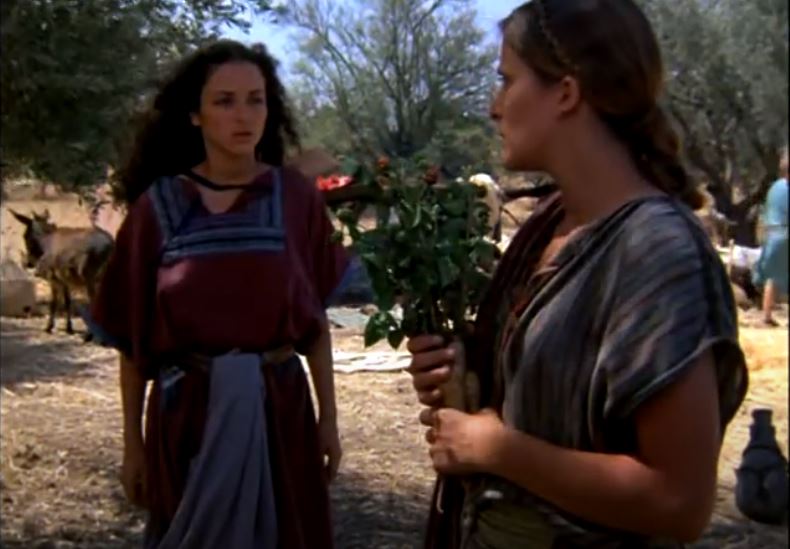
4. What spiritual blessings, revelations, and tender mercies can you find Jacob receiving in these chapters?
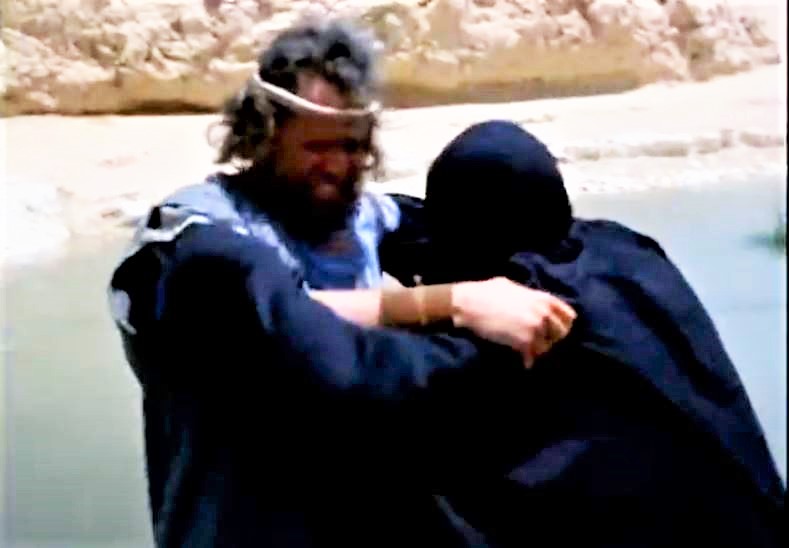
5. How do you explain Laban’s receiving revelation from God when he himself was worshipping idols? (31:24, 30.)
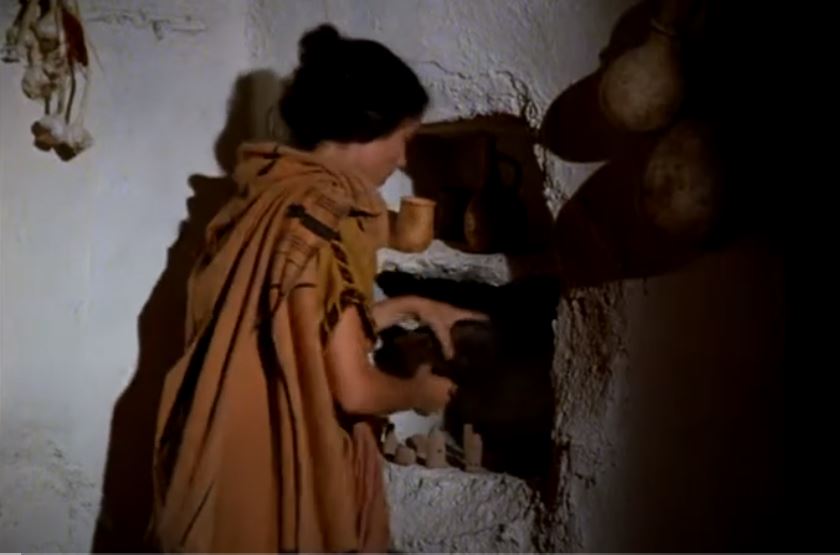
6. Why would Jacob kiss Rachel the moment he met her? Why did he weep afterwards? (29:11)
7. How sorry do you feel for Jacob when after waiting seven years to marry Rachel he found that Leah had been palmed off on him instead? Was this an appropriate fate for one who had pulled a similar trick on his own father and brother?
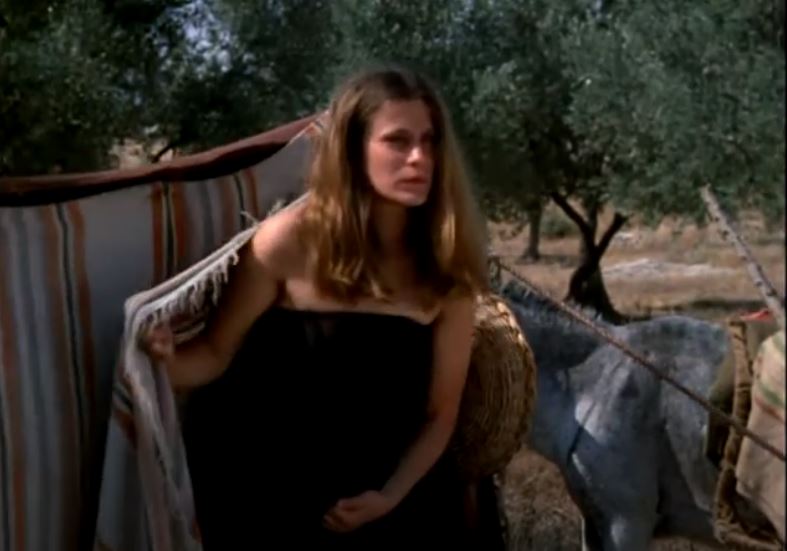
8. What partially redeeming qualities do we see in Esau in this week’s reading?
Possible Answers to Points to Ponder in Genesis 28-33
1. How many trials can you find in these chapters that the Lord let Jacob endure in the process of his becoming a worthy heir to the blessings conferred upon Abraham and Isaac?
- Had to leave home to escape possible violence from Esau. (28:5)
- Deceived by Laban, who gave him Leah rather than Rachel as a wife (29:22-25)
- Had to work a total of 14 years for his two wives.
- Rachel, whom Jacob loved most, was initially barren (29:31)
- Laban attempts to defraud Jacob by removing all the ringstraked and spotted sheep and goats from the herd, so that there would supposedly be no more born of that appearance, which were the only kind Jacob was supposed to be able to keep. (30:25-36)
- Constantly subjected to Laban’ deceit and dishonesty (31:7)
- Laban tries to prevent Jacob’s return to his homeland (31:25-26)
- Feels stress at the prospect of Esau’s continuing anger towards him (32:7)
2. What instances or evidences can you find in these chapters of Jacob’s goodness which would qualify him for the covenant blessings?
- Obeyed his father (28:7)
- Erected a monument to commemorate his dream and revelation at Beth-el and made a covenant with God, including that of tithing (28:18-19)
- Rolled the stone from the well’s mouth and watered Laban’s flock (29:10)
- Was patient with Laban’s deceit and compliant with his wishes (30:29-33)
- Jacob offered a humble prayer to God. (32:9-12)
- Prepared a generous gift for Esau (32:13-18)
- The several visions and revelations recorded for Jacob in these chapters are evidence of the Lord’s acceptance of his worthiness.
3. What examples of human weakness can you find in Jacob in these chapters, showing that the Lord’s blessings can come not only to the sinless but to the repentant?
- Jacob was not as kind and sensitive as he could have been to Leah (29:30)
- He became angry with Rachel (30:2)
- He was superstitious with regard to mandrakes (an unidentified fruit which was supposed to increase the likelihood of conception) (30:14-15) and rods of green poplar and of the hazel and chestnut tree which were supposed to control the appearance of sheep or goats conceived next to them. (30:37-39)
- He got angry with Laban and contended with him (31:36)
4. What spiritual blessings, revelations, and tender mercies can you find Jacob receiving in these chapters?
- He received a great father’s blessing from Isaac as he left home, with a conferral of covenant blessings. (28:1-5)
- Dreamed of a ladder reaching to heaven with angels ascending and descending, and with the Lord above it, who spoke to him and promised him the same land and confirmed upon him the same covenant blessings previously promised to his father and grandfather (28:12-15). Joseph Smith taught that the “three principal rounds of Jacob’s ladder” represented the telestial, terrestrial, and celestial kingdoms. Elder Marion G. Romney taught that “Temples are to us all what Bethel was to Jacob.”
- Jacob met Rachel immediately, much like Abraham’s servant had met Rebekah, at a well near her father’s home. It was too easy to have been mere coincidence.
- Seven years of working for Rachel seemed like just a few days, because of his love for her (29:20)
- He was blessed to get Rachel as a wife just a week after he had expected to rather than have to work an additional seven years first.
- He eventually had a child with Rachel (30:22)
- The Lord humored Jacob’s superstitions by making his cattle more productive than Laban’s (30:39)
- The Lord told Jacob to return to the land of his fathers (31:3)
- An angel spoke to Jacob in a dream with a message from God. (31:11-13)
- Angels of God met Jacob on his way home (32:1-2)
- Jacob wrestled with an angel or divinely appointed human messenger, either physically or spiritually, and obtained a blessing, including a change of name to Israel 32:24-30). He evidently also saw God Himself face to face on the same occasion, but did not wrestle with Him.
5. How do you explain Laban’s receiving revelation from God when he himself was worshipping idols? (31:24, 30.)
There is much debate about what these “idols” were. It would seem to make little sense to send Jacob back to take a wife from Laban’s household if he were as idolatrous as those back home in Canaan. Randall Chase offers one possibility: “One scholar theorizes that these images were somehow tied in with the legal rights of inheritance. If this theory is correct, the possessor of the teraphim had the right to inherit the father’s property. This would explain why Rachel stole the images, since she believed her father had “stolen” her inheritance (see Genesis 31:14-16). It would also explain Laban’s extreme agitation over their loss and the severe penalty Jacob offered against the guilty party (see Genesis 31:32).”
6. Why would Jacob kiss Rachel the moment he met her? Why did he weep afterwards? (29:11)
This was not the kiss of a passionate lover but of a relative greeting his first cousin, with a kiss on the cheek as is typical in many cultures today. His weeping was no doubt for joy and with the probable contemplation of his possible future with Rachel.
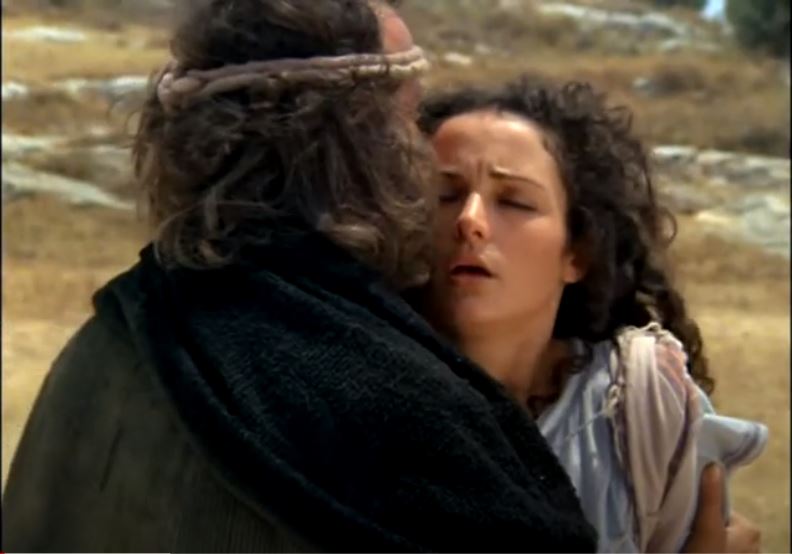
7. How sorry do you feel for Jacob when after waiting seven years to marry Rachel he found that Leah had been palmed off on him instead? Was this an appropriate fate for one who had pulled a similar trick on his own father and brother?
It is hard not to feel that Jacob had it coming!
8. What partially redeeming qualities do we see in Esau in this week’s reading?
- He finally (though belatedly) marries a wife who was a descendant of Ishmael, thinking it would get him back into his parents’ good graces.
- He forgives Jacob for having stolen his birthright and blessing.
- He is reluctant to accept the large gift Jacob offered him.
